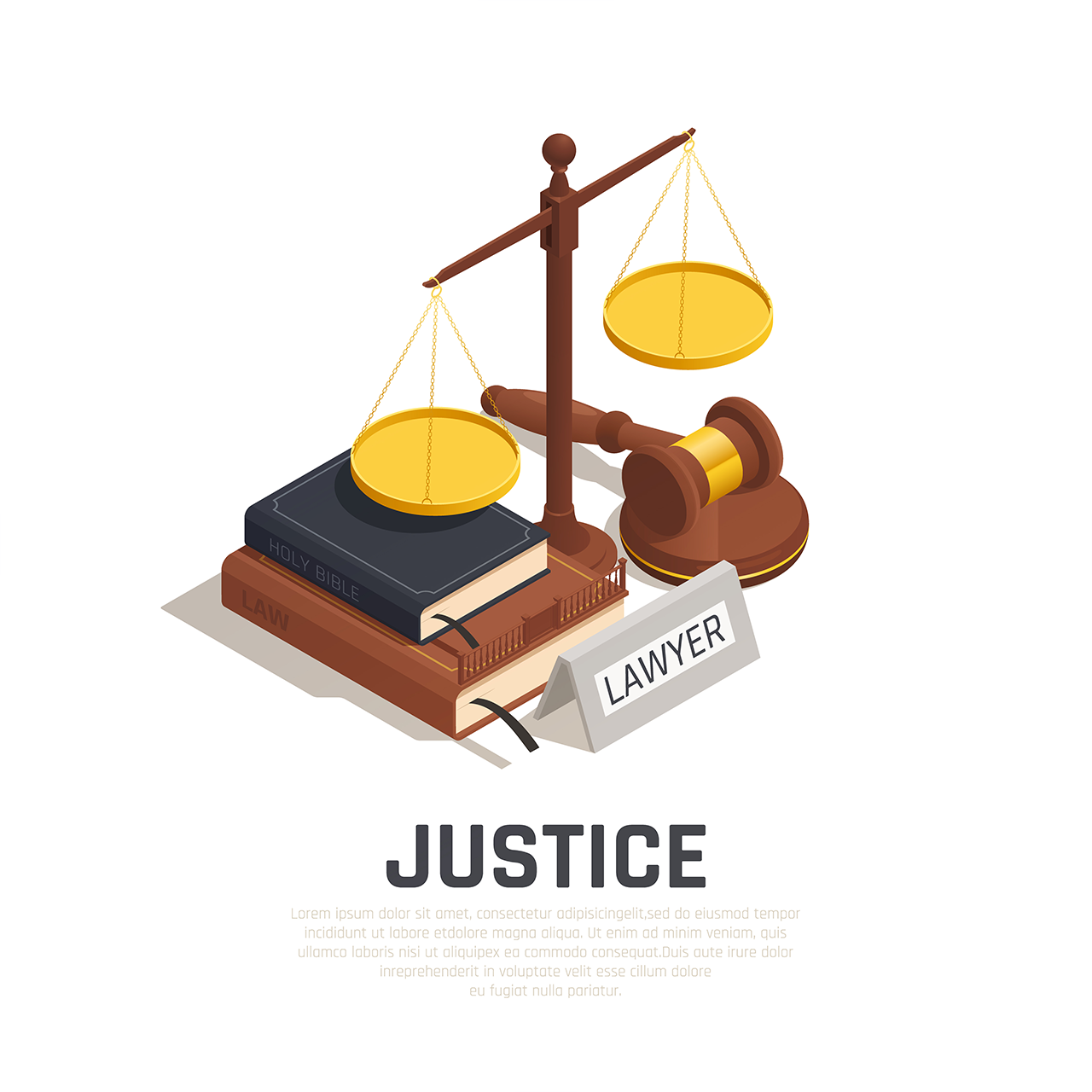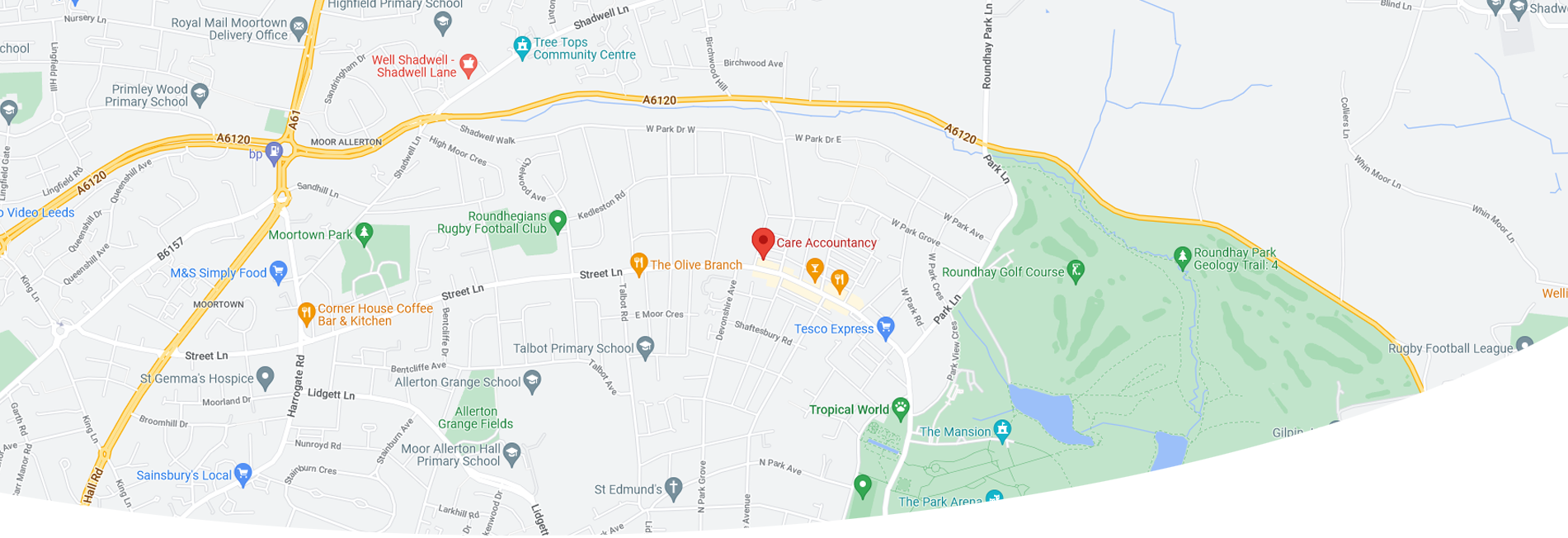Probate Process
Probate & Estate
The probate process is a legal procedure that takes place after someone passes away. It involves the court-supervised distribution of a deceased person’s assets to their heirs and beneficiaries. While probate can be a complex and time-consuming process, understanding the basics can help you navigate it more effectively.
The probate process typically begins when someone, often a family member or an appointed executor, files a petition with the local probate court. This petition is the formal request to open the probate estate, and it should include the deceased person’s will, if there is one, and a list of their assets.
While it can be a complex and potentially lengthy process, understanding its basic steps and seeking legal advice can help you navigate it more effectively. Proper estate planning can also help your loved ones avoid or simplify the probate process when the time comes. If you’re facing probate, consulting with an experienced attorney is often the best way to ensure a smooth and successful process. We do not offer services regarding probate; however, we can help you with the following services.


What is the Procedure
of Probate?
How to start the Probate process?
When someone dies, what do you have to do? When someone dies, it’s hard. Feelings are high, and life can be hard to understand. You need to know what to do, how much you can do on your own, and what to hand over to a professional.
When picking a professional probate service, you should ask if they offer:
- Estate Administration that doesn’t cause stress and works well
- Costs that are set from the start
- Service that is quick and full
- Professional help from experts
- Legal support from a member of an authorized institute
- Use your business contacts to get the most out of your inheritance
- Can they advise you on Writing a Will, Lasting Powers of Attorney, Inheritance Tax, and Succession Planning?
What is a ‘Grant of Probate’ for?
It’s necessary to confirm the Executor’s legal authority and protect the interests of anyone holding funds belonging to the estate or planning to buy assets from the Executor. If you paid £200,000 for a house from the Executor named in a Will, you wouldn’t be thrilled to find out that there was a newer Will and you weren’t entitled to the property after all. Furthermore, if the beneficiary of a deceased person’s £50,000 turns out to be someone other than the rightful heir, the bank may not be too pleased.
Disclaimer
What if there is ‘No Will’?
If someone close to you has passed away without leaving a Will, then it is highly likely that you will require assistance in handling the estate. The first thing to do is report the death to the appropriate authorities and collect at least five copies of the death certificate. The next step is for you to determine whether or not you have the authority to act on behalf of the person who has passed away. The legal framework specifies how this should be done, and in a nutshell, the following is the order in which people are eligible to apply for it:
- Surviving Spouse
- Child
- Parents
- Grand Parents
- Brother or Sister
- Uncle or Aunt
When you have determined whether or not you are eligible to apply, your responsibilities will be comparable to those of an Executor. You can distribute the estate following the rules of intestate succession once you have valued and protected the assets, dealt with HMRC and the courts, and paid any taxes, outstanding bills, and liabilities owed before the decedent’s death.
The size of the estate, the ownership structure of the assets, and the precise composition of the deceased person’s family all play a role in determining who receives what. Again, we can assist in the form of advice and guidance. You also have the option of entrusting the administration of the estate to one of our case managers, who will handle all of the necessary paperwork and ensure that the inheritance is correctly distributed to the heirs and beneficiaries without causing you or your family any additional stress.
What will the Executor do?
The Estate’s Executor is responsible for applying for probate and distributing the estate to beneficiaries. This can involve many steps, including but not limited to the following:
- Sending notice of the death to such organisations that hold the deceased’s assets
- Ask banks to freeze the deceased existing accounts
- Track the financial documents of the deceased
- Find details of any money owed and owed by the deceased
- List property, money and possessions, and debts in the estate
- Asses the deceased estate, including their investments and saving
- Value the property, or whether you need to get it professionally value
- Collect the details of all accounts, share ISAS and stocks
- Estimate and report the estate’s value to determine the Inheritance tax to pay.
- Working out inheritance tax liability and arranging its payment
- Opening a bank account on behalf of the estate
- Prepare and send probate documents to the probate registry and HMRC
- After receiving probate, collect money of the deceased from all sources
- Sell property and shares or transfer to beneficiaries
- Pay debts, expenses, and fees out of the estate, such as solicitor’s fees
- Share out the estatefollowingh the Will
Please note that Care Accountancy does not directly provide Probate services. However, we are able to facilitate this service through referral to Countrywide Trust and Tax Ltd, a reputable provider specializing in Probate services in the UK. Clients engaging with Countrywide Trust and Tax Ltd for Probate services will be subject to their terms and conditions. For more information or to discuss your Probate needs, please contact us.

Get in Touch
Rhoundhay
Leeds
LS8 2AL, UK
Coventry Road
Birmingham
B26 3EJ, UK











